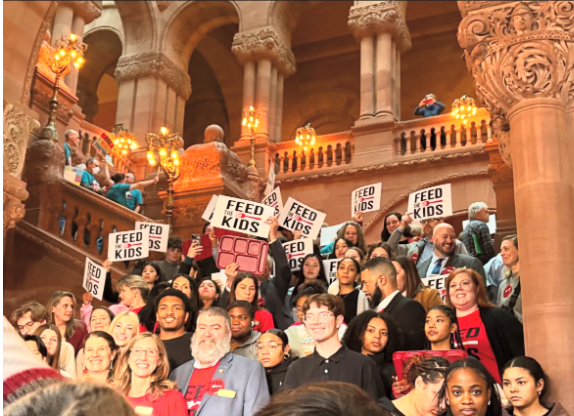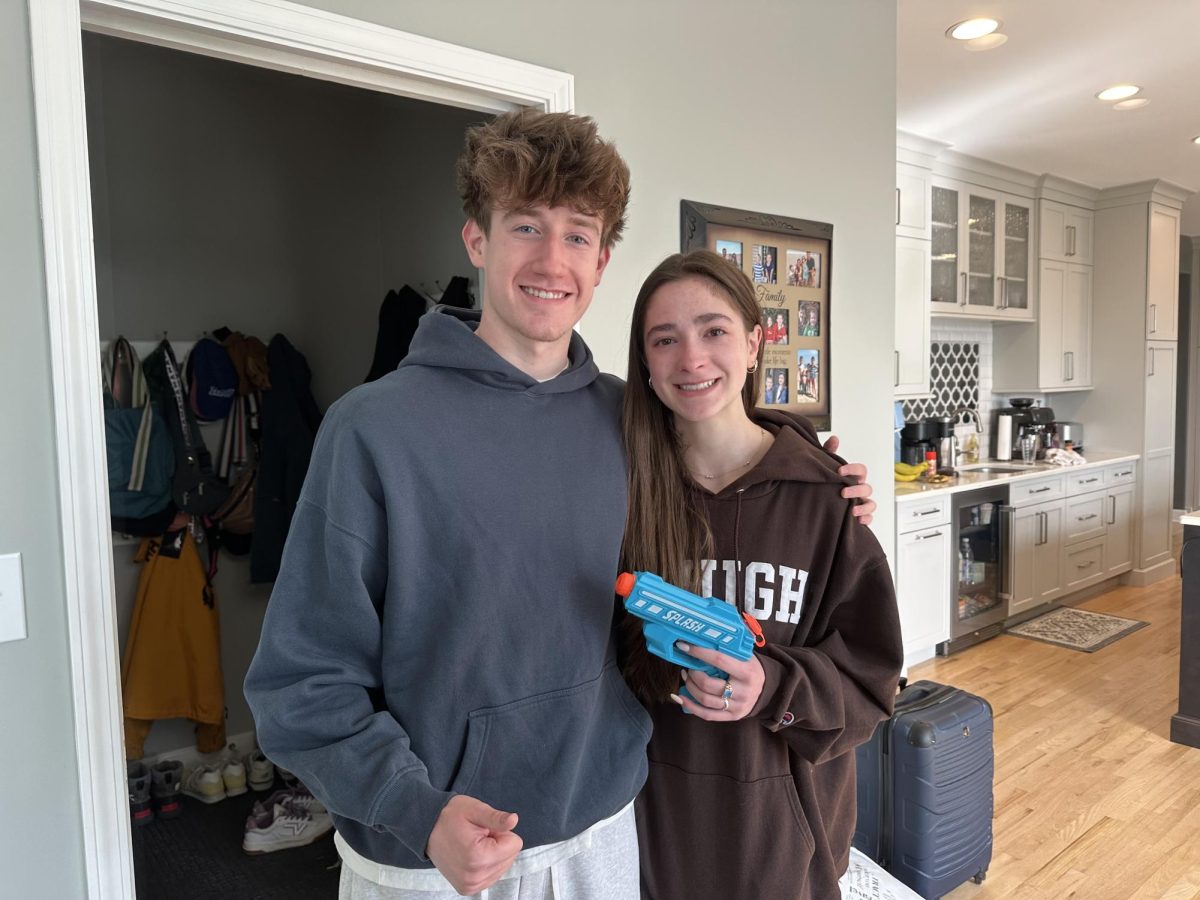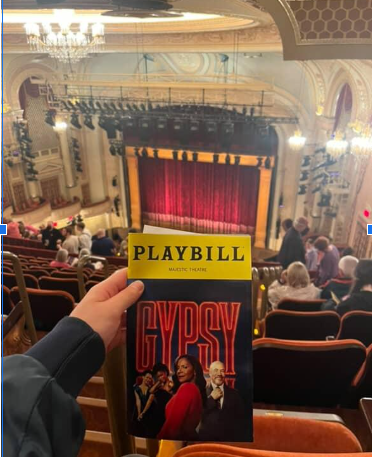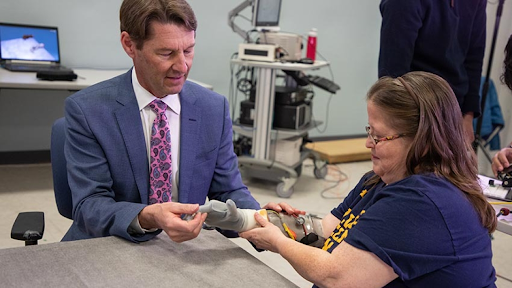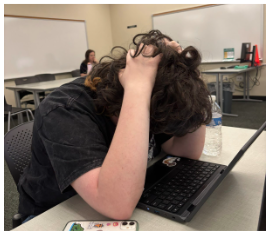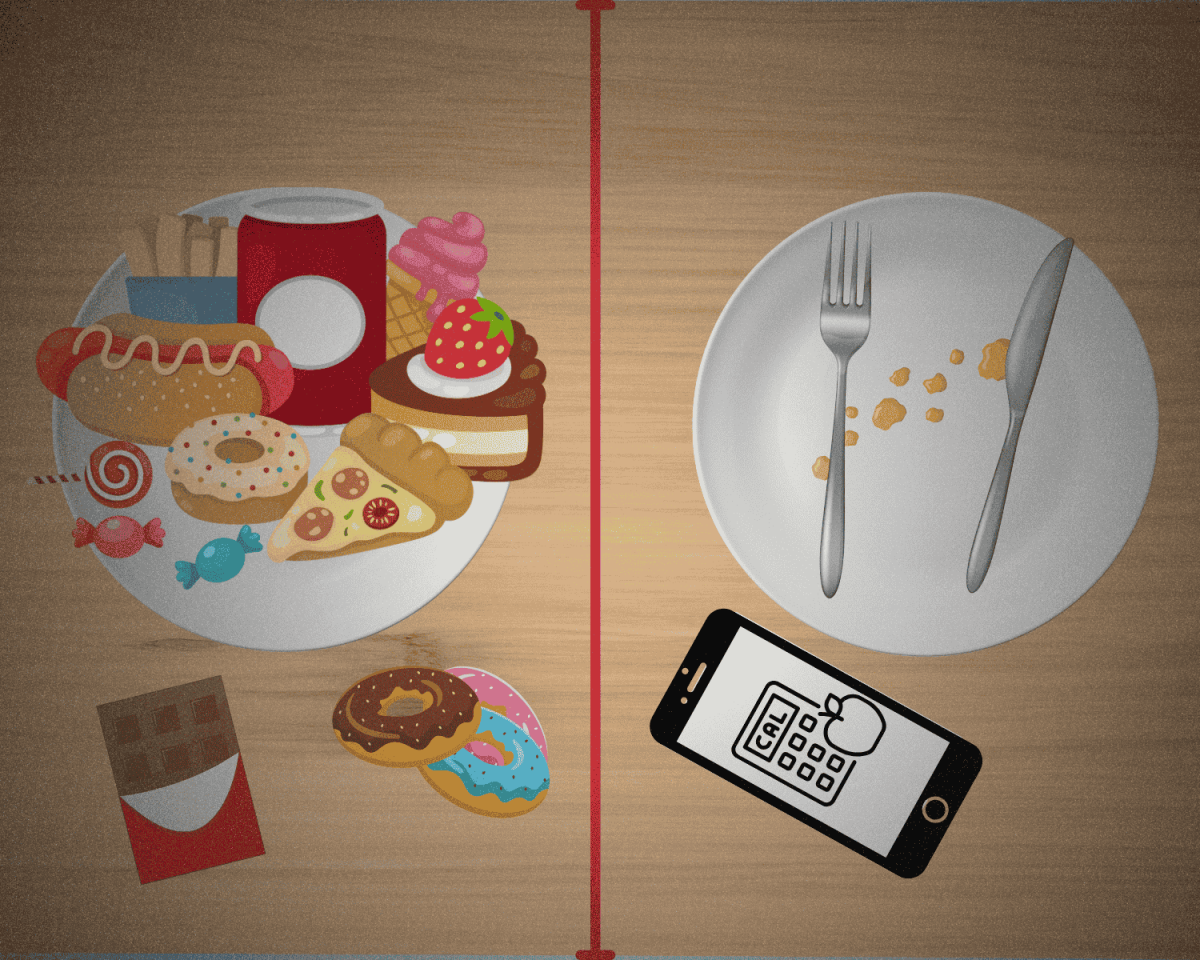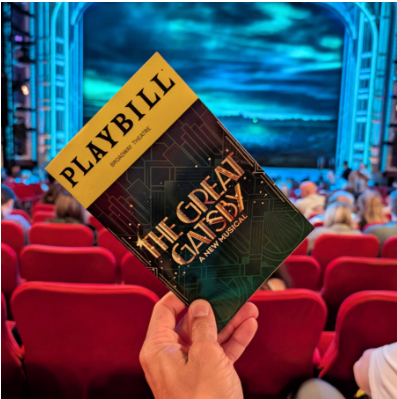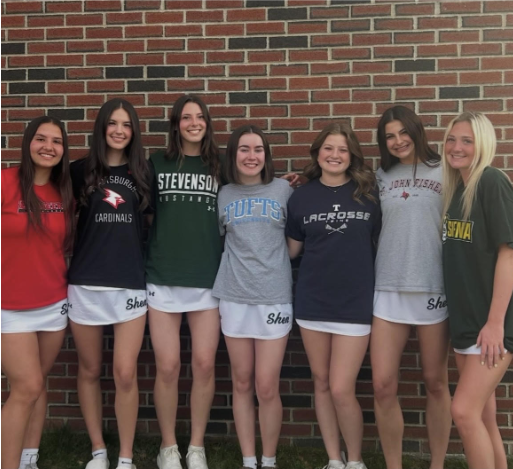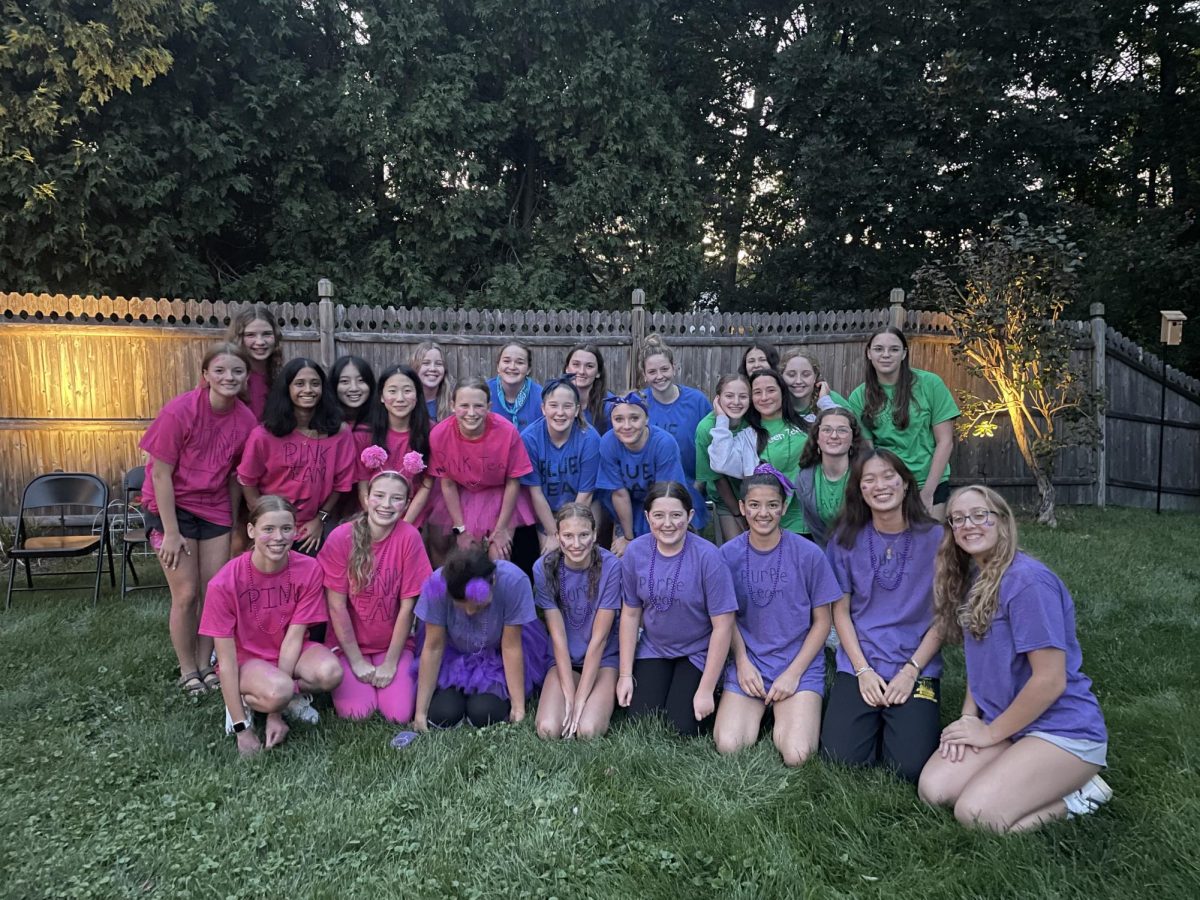
“A girl needs double eyelids. I have never seen a girl with monolids who I thought was pretty. Double eyelids are the beauty standards. I say this again and again…”
These were the words of a mother who pressured her 9-year-old daughter into undergoing double eyelid surgery, or blepharoplasty, to fit the Asian beauty standards. Yet, the mother’s insistence grew from her own childhood experiences, because she was disregarded throughout her own childhood for having monolids, while her sister, with double eyelids, was doted on. In light of these circumstances, is it really the mother’s fault for wanting her child to receive the adoration she never had? Of course not, but when imperfection and disregard have been painted all over your heart from a young age, then who really is to blame? As it turns out, there are deeper roots to this problem. A mother pressuring her daughter to chase after idealistic doll-like beauty highlights how society manipulates and compels the youth to reject their own natural features, pressuring them to chase after a non-existent standard, so they won’t ever be the outdated doll.
Last year, WebMD, a renowned American healthcare and well being site, published a study early in April, focusing on teens who had undergone cosmetic surgeries in the US. As of 2020, there have been nearly 230,000 teenage cosmetic surgeries. Most of the clients cited that their primary goal was “to improve their appearance or to increase their self esteem”; a mindset shaped by social media, or in other words, society. Back in the day, the original role of plastic surgery was to help reconstruct, or treat areas affected by major medical issues like a deviated septum, which can be treated by septoplasty or breast reduction to treat shoulder and back pain, and in some severe cases, difficulty of breathing. However, as our society continues to develop, it’s obvious people have replaced plastic surgery’s true purpose with aesthetics, forcing the youth to live up to society’s expectations.
Moreover, the study also mentions that plastic surgery is done to please one’s self, not others, but was that ever the case? In reality, young girls–for centuries– have been targeted for their looks. Elders will mock little children for their skin color, facial structure, body, and even hair as they normalize the title “ugly.” And the rest of society will taunt and mock teens for their so-called “imperfections,” but even if they address their “imperfections” by undergoing the knife, society, will judge them for even trying.
For instance, another woman in a documentary by VICE Asia recalled that she had gone through many surgeries, beginning with rhinoplasty in her teens for her wide nose. She was bullied repeatedly while being called “gorilla.” Eventually, the more surgeries she underwent to satisfy society, the more her face constantly got labelled as “outdated”, further feeding her addiction to stay on top of trends. The simple truth is, the elder generation, who couldn’t have the beauty they desired, projected their insecurities on the next generation in a way that ensured the trauma never gets addressed and instead passed down, perpetuating an intensified cycle of addiction for perfection.
We’ve all heard that “people who judge your beauty are the worst people to surround yourself with”— But what if everyone judges you for how you look? Should that person isolate themselves from society? Many young people accept themselves as ugly as a result of having their insecurities rubbed in their faces, which, unfortunately, ends up being a coping mechanism for the older generation– to cope with their self-consciousness and insecurities. However, looking at this issue from a wider scope, why has our generation failed in restraining lookism? Instead, many of us, like our elders, have defined plastic surgery as a salvation for imperfection; what makes us better than them? In the end, there is no clear solution because this issue is a paradox. For now, the question “Is the increased desire for plastic surgery our own wish or the older generation’s wish to achieve the perfection they never could?” will remain unanswered.
________________________________________________________________________________________________
Sources:
https://www.webmd.com/teens/teens-plastic-surgeryhttps://nypost.com/2023/09/08/ex-trans-influencer-oli-london-regrets-32-elective-surgeries/
https://www.statista.com/topics/3734/cosmetic-surgery/#:~:text=Cosmetic%20surgery%20in%20the%20United,worldwide%2C%20with%206.2%20million%20procedures.https://www.plasticsurgery.org/news/plastic-surgery-statistics
https://www.google.com/url?sa=i&url=https%3A%2F%2Fwww.sevenhillshospital.com%2Fpost%2Fthe-art-of-plastic-surgery-balancing-aesthetics-and-functionality&psig=AOvVaw0TjiVfiD7rA3VCRy-XztDO&ust=1745408679942000&source=images&cd=vfe&opi=89978449&ved=0CBQQjRxqFwoTCICx8cjI64wDFQAAAAAdAAAAABAE
